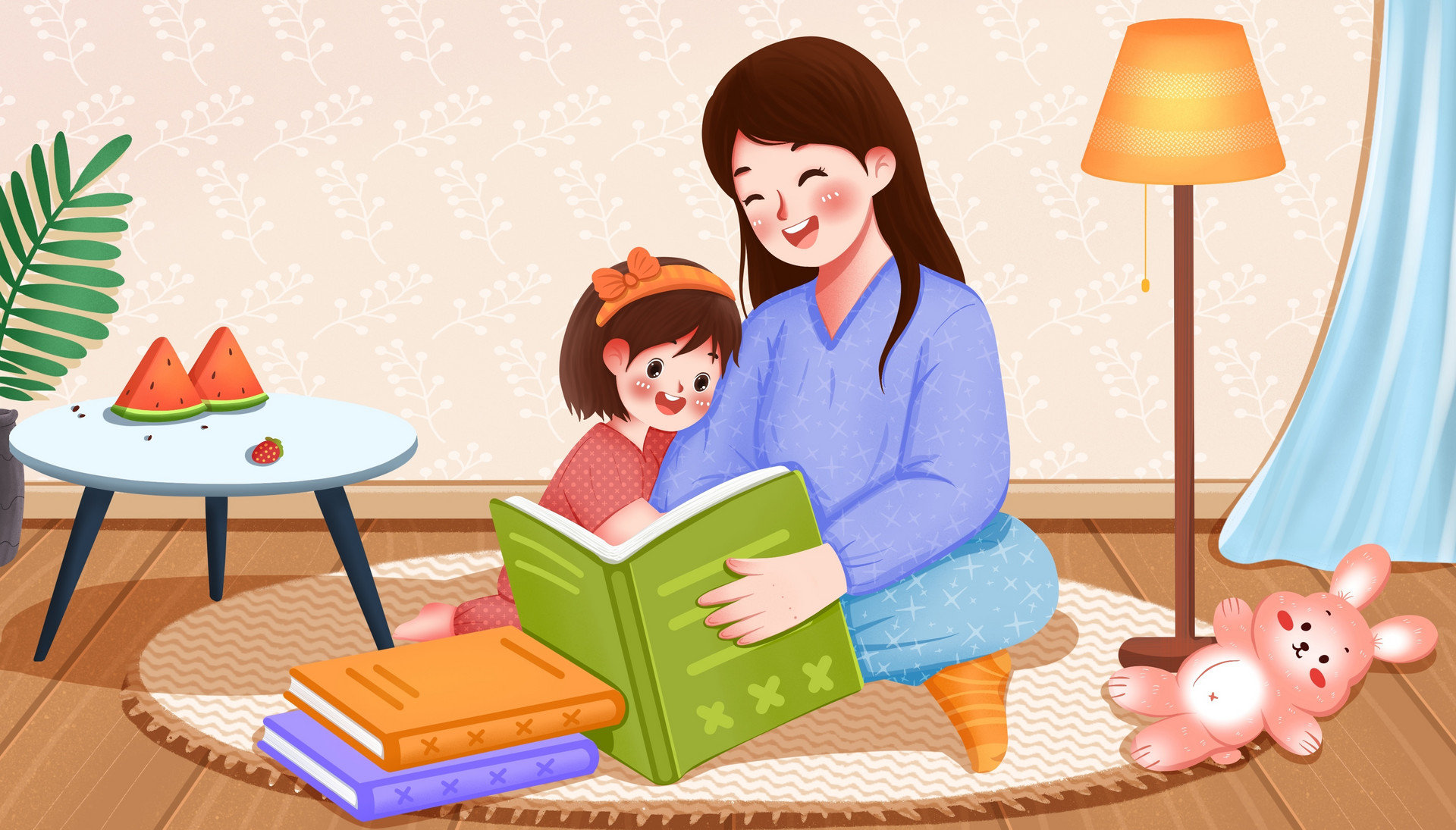Experts studying sleep have found that during pregnancy, 90% of expectant mothers feel lazy and weak. This is primarily due to hormones in the pregnant woman's body. The placenta secretes many essential hormones for pregnant women, which are transported throughout the body, making the body function like a power station.
In the blood of pregnant women who constantly feel fatigued, there is a hormone similar to an anesthetic that is secreted by the body itself. Its main component is progesterone, which primarily acts on the uterus. These substances relax the uterine muscle fibers, preventing premature pain and allowing the fetus to grow undisturbed. Although pregnant women often feel tired during this period and frequently want to sleep, they may not necessarily get ideal rest. Only 1/4 of mothers can enjoy satisfactory sleep during the first 15 weeks of pregnancy. Other phenomena accompanying pregnancy, such as nausea and vomiting, can also affect the quality of sleep.
The following methods can help ensure sufficient sleep during this stage:
Sleep when you want to: Go to bed earlier, as your body's workload has increased and requires more rest. Try to avoid staying up late.
Maintain a relaxation routine before bed to avoid getting emotionally excited before falling asleep.
Lower the indoor temperature: Hormones cause a slight increase in the pregnant woman's body temperature, which can affect sleep quality. Lowering the room temperature can help keep calm and facilitate sleep.
Don't worry too much about sleeping positions: Although this stage is a crucial period for the growth and development of the baby inside the womb, the baby is still small and protected by the mother's pelvis. Therefore, external force or pressure from the pregnant woman herself will not harm the baby. Pregnant women can choose a comfortable position to sleep, whether it is lying on the back or on the side.
Develop the habit of taking naps: If you are still working, taking a nap becomes even more important. In fact, all you need to do is lean against a place and take a 20-minute nap or simply rest with your eyes closed.





